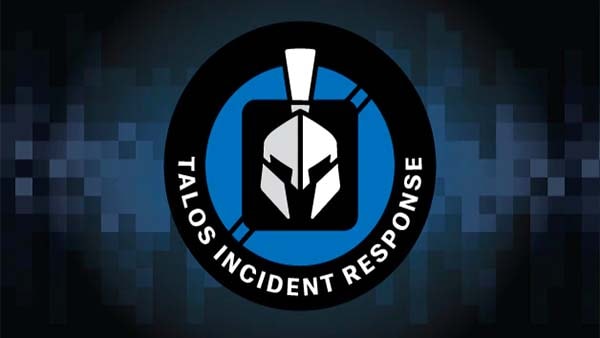What is a virus?
A virus is a type of malware that self-replicates by inserting its code into other software programs. It spreads from one computer to another, leaving a path of destruction as it propagates. Viruses can range in severity from causing mildly disturbing effects to severely damaging data or software. Since viruses are designed to disrupt a system's ability to operate, they can cause significant operational issues and data loss.
What is ransomware?
Ransomware, while also being a malware, is different: It encrypts the victim's data and a hacker demands the victim pay a ransom. Only once the ransom is paid will the hacker sends a decryption key to restore access to the victim's data. The ransom can range from a few hundred dollars to millions of dollars. Typically, payment is demanded in the form of a cryptocurrency, such as bitcoins. The demand often involves a deadline, after which time the ransom might increase or the data will be deleted. In some cases, a decryption key is not sent even after payment of the ransom.
What is a malware?
Malware is developed as harmful software that invades or corrupts your computer network with the intent of stealing information or just sabotage. When this is done for monetary gain it's called ransomware. Common examples of malware include viruses, worms, Trojan viruses, spyware, adware, and ransomware. Recent malware attacks have exfiltrated data in mass amounts.

